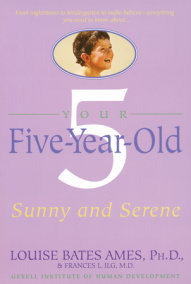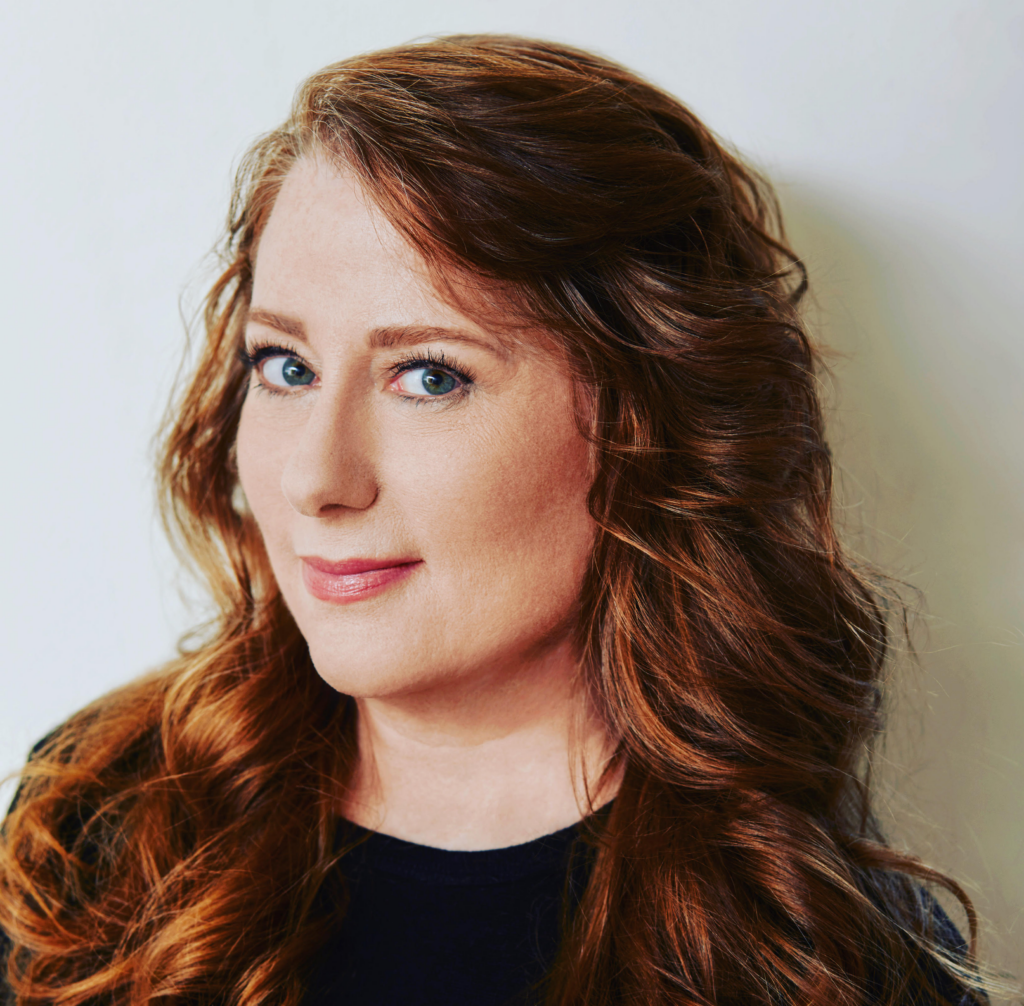

This month the Wall Street Journal reported that TikTok has become “every parent’s nightmare: a venue for child sexual exploitation”.

Almost every girl I interviewed also had a story about being approached by a predator.ĭefenders of social media like to dismiss criticisms of it as a “moral panic”, but online predators remain a serious threat, one that can make the experience of using social media unsettling if not dangerous for girls, and boys as well. When I interviewed girls for my 2016 book American Girls: Social Media and the Secret Lives of Teenagers, almost every one of them had a story about the misogyny she’d encountered online – everything from having posts commented on in a disparaging, sexist way to having nude photos non-consensually shared. Its effects can be seen in the Andrew Tate-like videos boys have been posting, along with those trending videos in which they’ll ask girls misogynistic questions such as how they rate themselves on a scale of one to 10 and what their “body count” (number of sexual partners) is. Online misogynistic radicalization has also been much commented on.

As worried as we should be about girls’ struggles with their mental health and wellbeing, we should be concerned about the rise in misogyny among boys – and studying the connection between the two. The teen boys that teen girls encounter today are affected by this woman-hating online culture, as are girls themselves. A 2022 investigation by the Guardian revealed that TikTok was pushing celebrity misogynists such as Andrew Tate to male teen users.

Now it has become a promoter of misogynistic content to teenagers. “This reaction was unprompted and consistent across all groups.”įrom the earliest days of social media, with the 2000 launch of the site “Hot or Not”, where women were rated on the basis of their physical appeal (also the premise of Mark Zuckerberg’s 2003 Facebook precursor, FaceMash), social media has betrayed a sexist bias. “Teens blame Instagram for increases in the rate of anxiety and depression,” Facebook’s study noted. There have been many studies establishing all this over about the last 10 years, including Facebook’s own research into girls and Instagram – research that the company suppressed until exposed by whistleblower Frances Haugen in 2021. They feel pressured to promote themselves as objects. They’re encouraged to compare themselves to others and seek approval for the way they look, while reinforcing beauty standards that favor thinness and whiteness. Social media sites trap girls in spirals questioning their attractiveness and self-worth. But it’s not hard to see how social media and a rise in misogyny are, in fact, related.


 0 kommentar(er)
0 kommentar(er)
